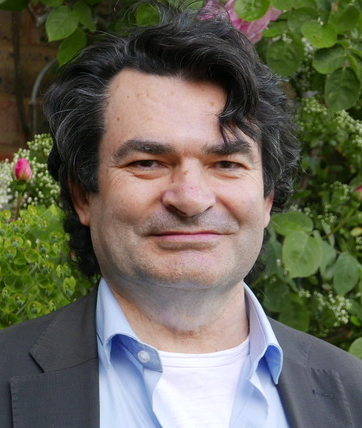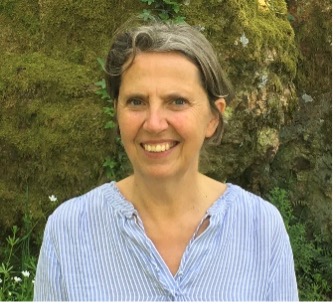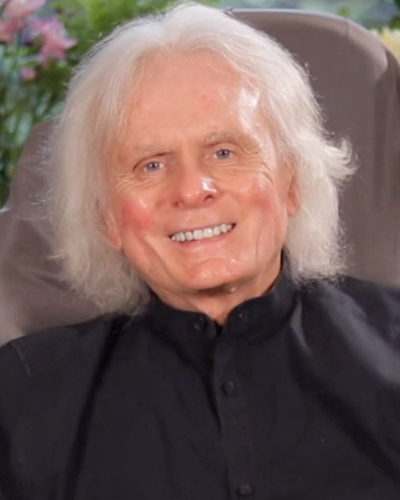Exploring Ourselves
With Jackie McInley
Sunday, August 21, 2022
Zoom Online
A total of sixteen participants, staff included, signed on for today’s meeting with Jackie on Zoom. As usual, the session began with a period of silence, but before that Jackie gave an introduction to the place of silence in our exploration and acknowledged the value of giving a space for meaningful questions to arise in the group. Jumping in quickly with inquiries or answers to them is usually counter-productive and limiting to the spirit of careful listening and looking together. Can we ask questions without looking for an answer? The thinking mind so easily comes up with its conclusions. What if we look without knowing the answers: is that kind of looking more fresh and alive?
The questions that arose out of the silence expressed curiosity about how we can change deeply conditioned patterns of thought and behaviour and an interest in discussing the place of responsibility, obligation, and freedom in the realm of self-transformation. The subject of habit vs. intense attentiveness was looked at. It was asked if habit is “dangerous” and what does that mean to us? Do we judge the habits of others and ourselves and is such judgement helpful?
The nature of self-observation and “meditation” was explored, including a fact often shared by Krishnamurti: to be aware that we are not in a state of meditation is meditation.
Other central issues brought forward were the human desire for safety with its hidden fears. Can we be with the Unknown, with the actual experience of fear? And can we be with the breaking down of the self as it is happening? Can we stay with it? It was pointed out that dialogue can help in this challenge when we approach it intelligently.









